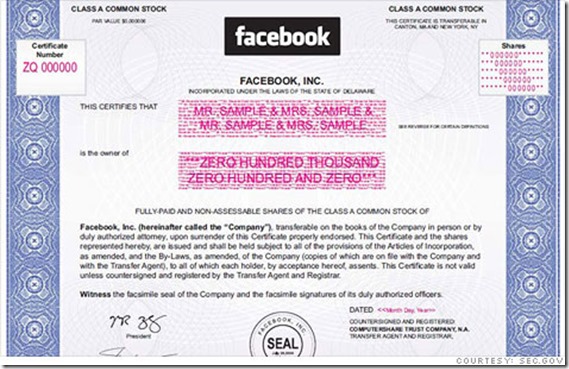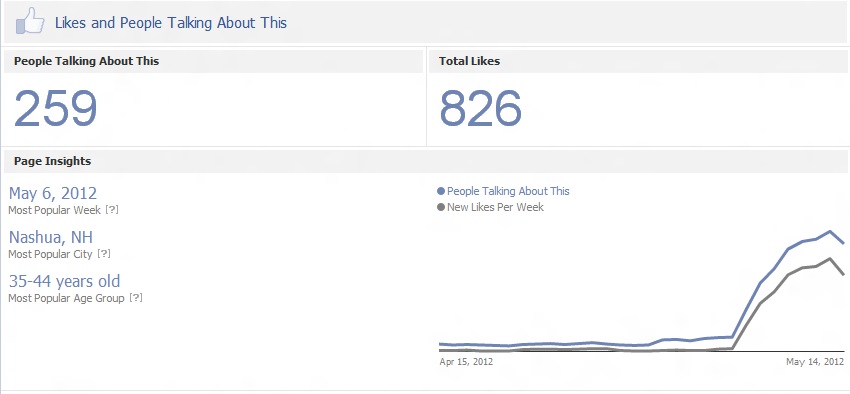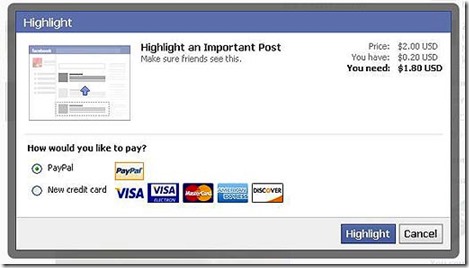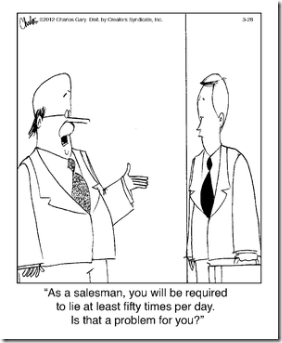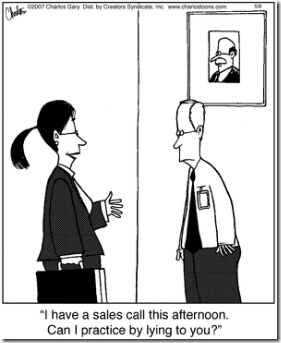With the ever growing number of social media services and users, it’s more important than ever for you to be aware of and take steps to protect you and your family’s safety. Many people don’t know the information they put out into the digital universe. If they did, they might be shocked. With stories popping up all the time about how bad people use this information to take advantage of good people, its more important than ever to understand the risks inherent in social media use and how to avoid them. This series is certainly NOT comprehensive. There are way too many social media services out there but, in general, if you know these facts and follow my advice, you’ll be much safer when using social media.
Let’s start with foursquare.
Do not check-in at home. For the love of God, people. You do not need to hand out a map to the world of where you live. Your real friends will already know. Luckily, foursquare realized the inherent risks of home “check-ins” and instituted changes to their system last September to help with this. They created a location category titled “home”. This is what it does:
- “Only the person who created the ‘home’ and their friends can see the address on the venue page.
- Similarly, on the venue page, only those same people can see the map pin. Everyone else will see a map randomly centered somewhere near the address, with the zoom pulled out a bit.
- And don’t worry about the link getting sent around, or if you share it on Facebook or Twitter. The same rules apply!”
This was a good start but consider this. One of the criteria of the above changes is that it is centered around the person who created the home venue, not the actual person living there. So, even if you do not use foursquare, the possibility exists that your friends may have created, and checked into, your home on foursquare which would then mean that everyone they are friends with (and only those people ) on foursquare can see it and that’s assuming it was actually changed into the category “home”. If it has NOT been changed to that category, everyone can see it… and I do mean everyone.
Even if you do not use foursquare, you should check to see if your house is listed. If so, you can create an account and notify foursquare that the venue is your home. Once processed, it will only appear to your foursquare friends. If you don’t have any, nobody else will see it.
People that know me know that I am a very active social media user. I have over 2,000 friends on Facebook, many of whom I don’t actually know in real-life, and approximately the same amount of people following me on Twitter. On foursquare, however, I only have 83, every one of which I know. Remember, foursquare documents where you are and when you are there – or are NOT there.
This same rule applies to your children’s school, day care or any other place you frequent on a regular basis, including your place of employment. While it’s all nice and fun to promote your company, if it’s a place you work locally and visit regularly, all you’re doing is establishing a time-record that someone could use for nefarious purposes. If you’re checking in to your child’s school or day care, you could be jeopardizing their safety.
Another general rule if you’re going to check-in to a business (especially for females) is to check-in WHEN YOU LEAVE, not when you arrive. You never know who’s watching, and waiting, for the right person to check-in. While maybe only your friends can see your check-in in a foursquare stream, ANYONE AT THE VENUE, can see your check-in. In other words, say there is a particularly unsavory character at a bar. If you pull up the venue on foursquare, it will show you not only how many other people are “checked-in” but WHO THEY ARE.
Do you travel? Same perils. Except in this case, all you’re doing is telling everyone that your FAMILY is home alone.
Don’t forget that you are also given the option of sharing those check-ins via Twitter and Facebook, which can increase the danger exponentially.
I hope this helped you understand a little better the perils of foursquare and how you can use it better, or not at all.
Stay tuned for part 2 of this series coming soon.
Related articles:
“Please Rob Me” by Dan Fletcher, Time magazine
“Foursquare’s Stalker Problem” by Lisa Riordan Seville, The Daily Beast
“Girls Around Me App Confirms That Foursquare is a Terrible Idea for Women” by Amy Tennery, The Jane Dough
“4 Ways Foursquare Can Make You A Victim Of Dangerous Crimes” by Millionaire Hoy, Yahoo! Voices
